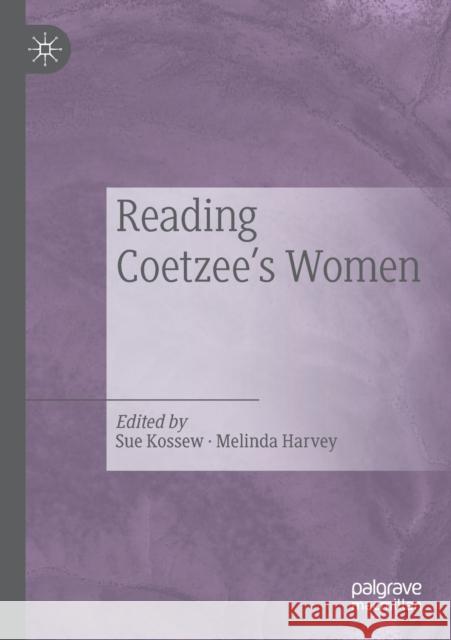Reading Coetzee's Women » książka
topmenu
Reading Coetzee's Women
ISBN-13: 9783030197797 / Angielski / Miękka / 2020 / 252 str.
Reading Coetzee's Women
ISBN-13: 9783030197797 / Angielski / Miękka / 2020 / 252 str.
cena 402,53
(netto: 383,36 VAT: 5%)
Najniższa cena z 30 dni: 385,52
(netto: 383,36 VAT: 5%)
Najniższa cena z 30 dni: 385,52
Termin realizacji zamówienia:
ok. 22 dni roboczych
Dostawa w 2026 r.
ok. 22 dni roboczych
Dostawa w 2026 r.
Darmowa dostawa!
Kategorie:
Kategorie BISAC:
Wydawca:
Palgrave MacMillan
Język:
Angielski
ISBN-13:
9783030197797
Rok wydania:
2020
Wydanie:
2019
Ilość stron:
252
Waga:
0.32 kg
Wymiary:
21.01 x 14.81 x 1.45
Oprawa:
Miękka
Wolumenów:
01
Dodatkowe informacje:
Wydanie ilustrowane











